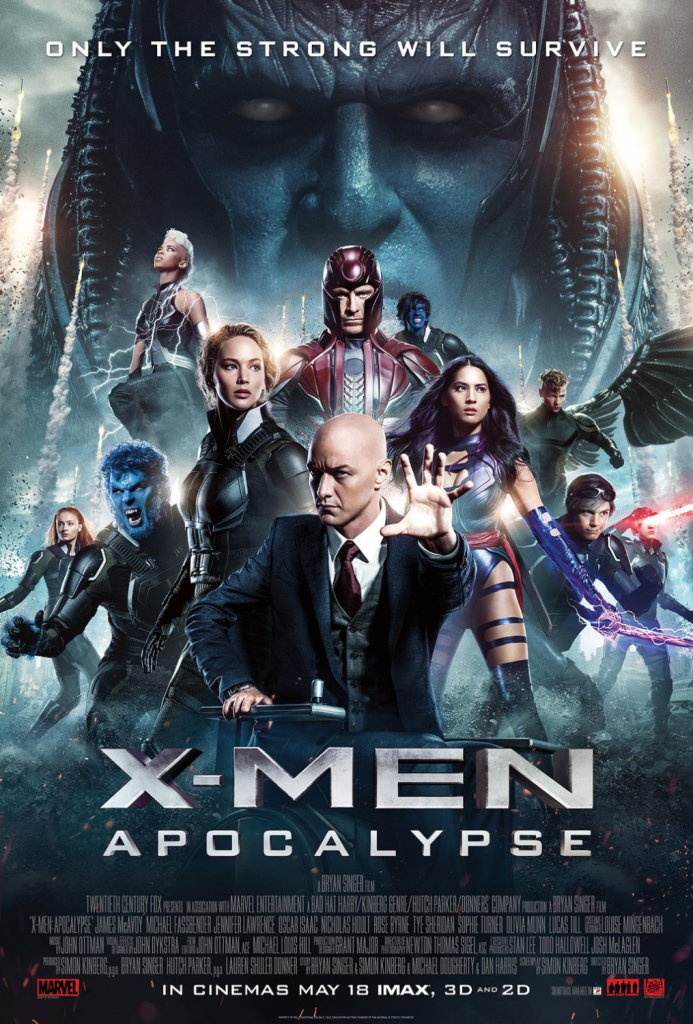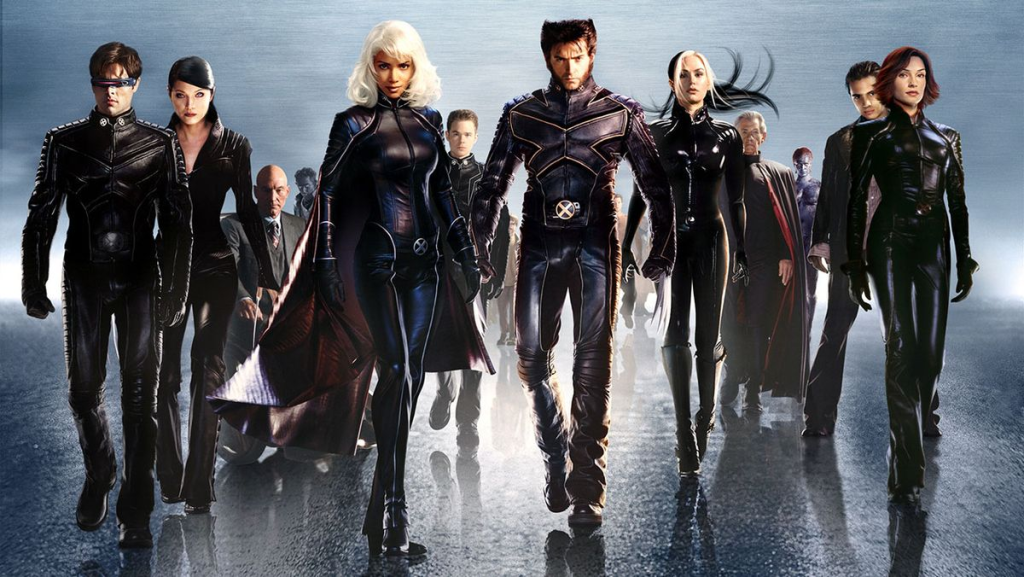X-Men (2000) is set in a world where a minority of humans, known as mutants, are born with extraordinary powers due to genetic mutations. Society fears and discriminates against these mutants, leading to the emergence of two opposing factions. One is the X-Men, led by the pacifist Professor Charles Xavier, who advocates for peaceful coexistence between humans and mutants. The other is the Brotherhood of Mutants, led by Magneto, a Holocaust survivor who believes that conflict with humanity is inevitable and that mutants must assert their dominance to survive. The film’s narrative centers on Wolverine, a solitary mutant with a mysterious past and healing abilities, and Rogue, a young woman whose power is both a gift and a curse. As they are drawn into the X-Men’s world, they become pivotal in the escalating conflict between Xavier’s team and Magneto’s radical Brotherhood, culminating in a showdown that tests the boundaries of power, prejudice, and hope.
Key themes include prejudice and social acceptance, the fear of the “other,” and the ethical dilemmas of power and responsibility. The film uniquely grounds its superhero story in real-world allegories of civil rights and minority struggles, with Xavier and Magneto often compared to Martin Luther King Jr. and Malcolm X, respectively.

Notable Elements
- Performances: Patrick Stewart (Professor X) and Ian McKellen (Magneto) deliver gravitas and complexity, anchoring the ideological conflict. Hugh Jackman’s debut as Wolverine is charismatic and instantly iconic, while Anna Paquin brings vulnerability to Rogue.
- Cinematography: Newton Thomas Sigel’s work balances sleek, modern visuals with moody, atmospheric tones, especially in the X-Mansion and the climactic battle at the Statue of Liberty.
- Action Sequences: The film features memorable set pieces, including Wolverine’s cage fight, Magneto’s dramatic use of his powers, and the final confrontation atop Liberty Island.
- Score: Michael Kamen’s music adds emotional weight, enhancing both intimate character moments and large-scale action.

Themes and Messages
- Prejudice and Acceptance: The film explores the fear, hatred, and misunderstanding directed at mutants, serving as a metaphor for real-world racism and bigotry.
- Power and Responsibility: Characters grapple with how to use their abilities-whether to protect, integrate, or dominate.
- Identity and Belonging: Wolverine and Rogue’s personal journeys highlight the search for self-acceptance and the longing for community.
- Moral Complexity: The ideological clash between Xavier and Magneto raises questions about activism, resistance, and the cost of peace.

Personal Impressions
X-Men stands out for its serious, introspective approach to the superhero genre, prioritizing character development and social commentary over relentless action. While the film’s pacing can be slow as it introduces its large ensemble, the payoff comes in the emotional stakes and the nuanced portrayal of its central conflict. Some effects and set pieces feel dated, but the film’s heart and intelligence endure. The opening scene in a Nazi concentration camp is especially powerful, setting the tone for a story that never shies away from weighty themes.

Audience Recommendations
This film is essential viewing for superhero fans, those interested in allegorical stories about prejudice and acceptance, and anyone who appreciates character-driven action. It’s also a great entry point for newcomers to the X-Men universe.
Conclusions and Ratings
X-Men (2000) is a landmark superhero film that combines thrilling action with thought-provoking themes and strong performances. It launched a franchise and helped redefine the genre for the 21st century.
Rating: 4 out of 5 stars